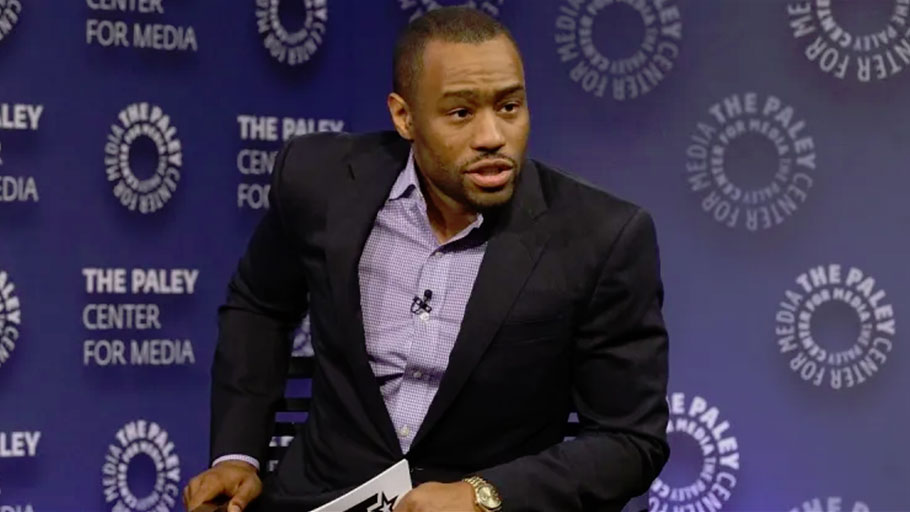
By Ibn Safir, The Root — Yesterday, in a speech before the United Nations, CNN commentator and Temple University professor Marc Lamont Hill advocated for armed resistance against Israel, stating…

By Ibn Safir, The Root — Yesterday, in a speech before the United Nations, CNN commentator and Temple University professor Marc Lamont Hill advocated for armed resistance against Israel, stating…
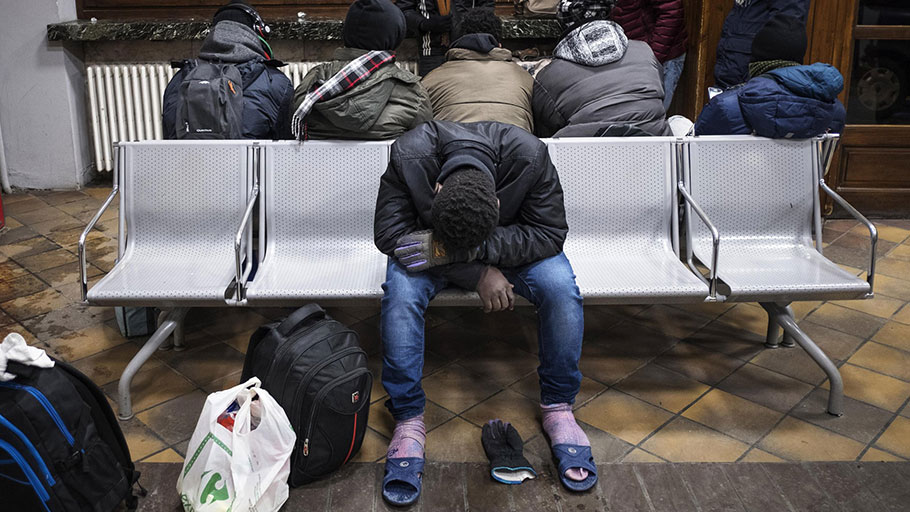
Almost a third of people of African descent have experienced racial harassment in past five years, survey finds. By Jennifer Rankin, The Guardian — Almost a third of people of African descent polled in a new EU survey say they have experienced racial harassment in the last five years, a report that claims racial discrimination is “commonplace” across 12 European countries reveals. People of African descent face “a dire picture”…
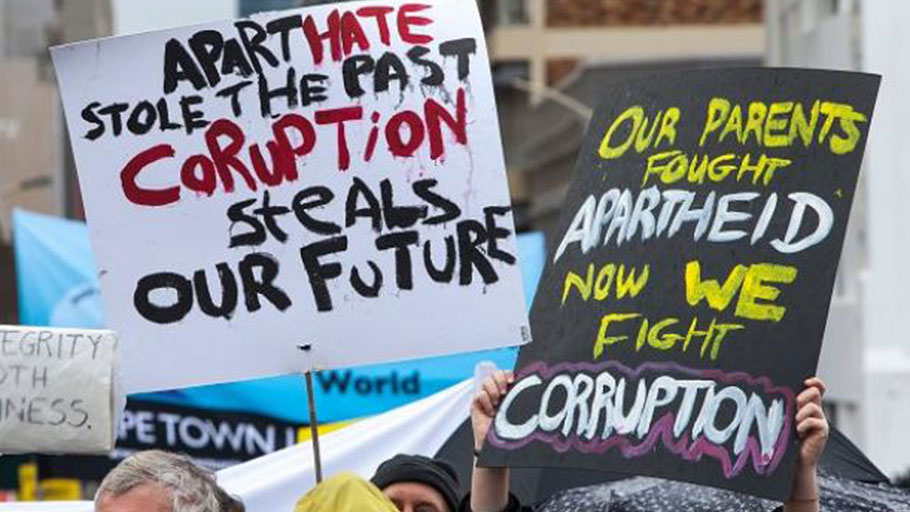
People cherished many expectations for Cyril Ramaphosa’s presidency. Many of these were not necessarily realistic and may have derived from a sense of relief in the departure of Jacob Zuma, rather than what may have been possible for Ramaphosa to do. By Raymond Suttner, Polity — In the early months Ramaphosa engendered considerable confidence as a result of his apparently methodical, systematic and measured way of handling his office. This…
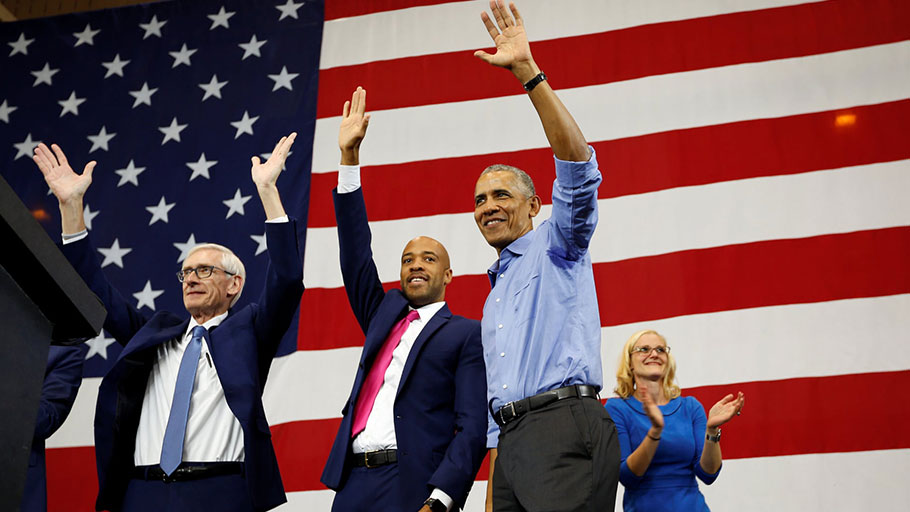
The party was the natural political conduit for the protest movement. It must not betray that trust. By Gary Younge, The Guardian — With just a few thousand votes between the two candidates for governor, election night during the US midterms in Wisconsin could not have been more tense. The slender lead kept flipping between Republican and Democrat as various precincts reported their results. Then shortly before midnight a local news presenter suggested,…

In philanthropy, we talk a lot about diversity but not a lot about racism, especially anti-black racism. By Tamara Copeland, The Chronicle of Philanthropy — There seems to be real discomfort…
An estimated 380,000 people have been killed in South Sudan, where most of the weaponry in the civil war is small arms. The job of CAR is to find out…

By The Daily Observer — In a surprising bit of news, we learned that the the University of the West Indies (UWI) will receive £200 million in cash and kind from…

Today’s far-right populists relish the idea that they can be morally contemptible, yet still prevail. By Keith Kahn-Harris, The Guardian — The concept of “white supremacy” is having a moment right now, and understandably so. White resentment, entitlement and bigotry never went away, but it is closer to the political mainstream now than it has been for decades. The rhetoric of the likes of Donald Trump, Viktor Orbán, Steve Bannon and…

Human Rights Watch report blames restrictive insurance policies, lack of physicians and poverty for failure to treat cervical disease. Jessica Glenza, The Guardian — Cervical cancer, a disease researchers believe is on track to be eradicated within 20 years in some industrialized nations, is killing a disproportionate number of women across the American south. Black women in Alabama are dying of cervical cancer at more than twice the national average, a trend…
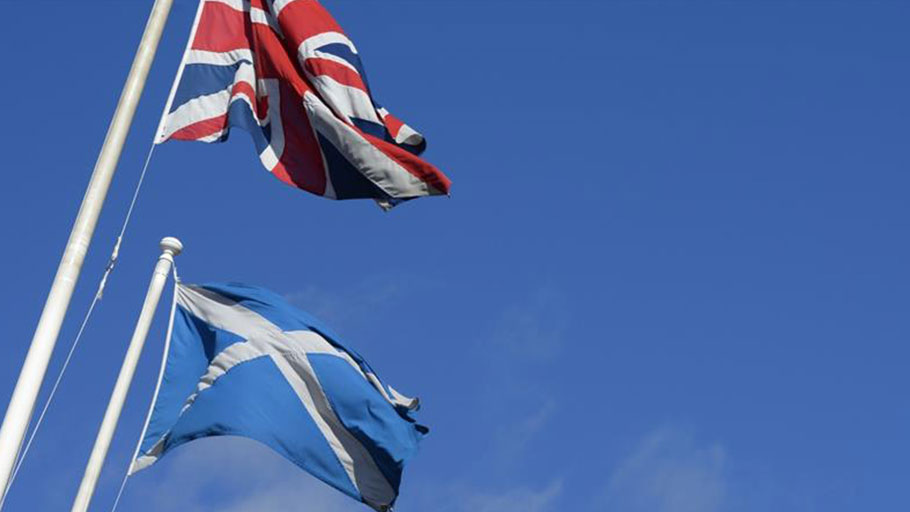
Scotland should take responsibility for the major and highly lucrative role it played in the transatlantic slave trade. By Elliot Ross, Al Jazeera — The late Jamaican-British intellectual Stuart Hall liked…
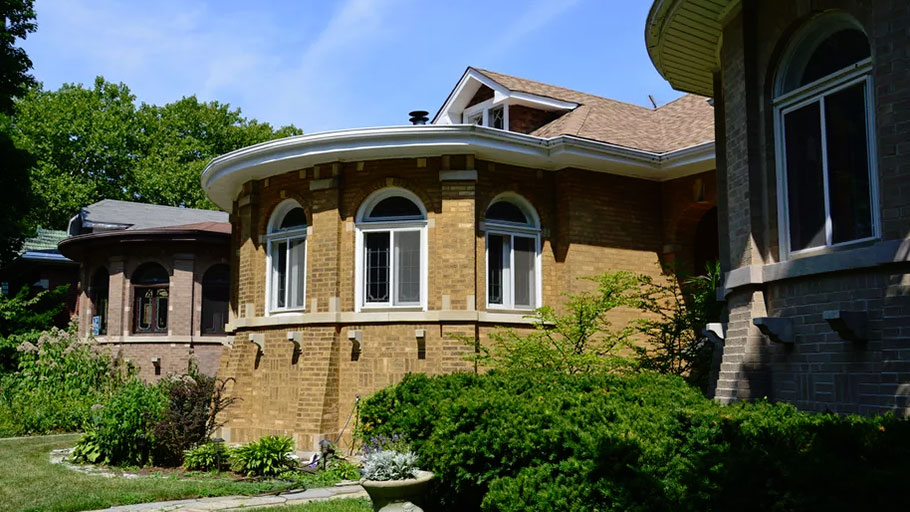
A new Brookings/Gallup report finds residential property in majority-black neighborhoods is consistently undervalued. By Patrick Sisson, Curbed — Black Americans, long accustomed to facing more hurdles on the road to homeownership, may consistently find their investments in residential property undervalued, according to a new joint Brookings Institution and Gallup study. According to “The devaluation of assets in black neighborhoods: The case of residential property,” owner-occupied homes are undervalued by the real estate market across…

#Consumers2Creators: How African-Americans Are Dominating The Digital World By Pursuing A ‘For Us, By Us’ Mentality. By Brianna Rhodes, Blavity — Nielsen’s 2018 report, “Consumers to Creators: The Digital Lives of Black Consumers”, revealed that 54 percent of African-Americans are 34 and younger, meaning the majority were born and raised in the era of rapid digital media advancements. The report makes a case that a “Black Renaissance” is…